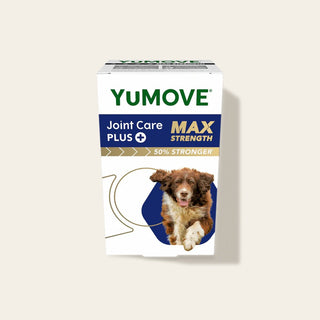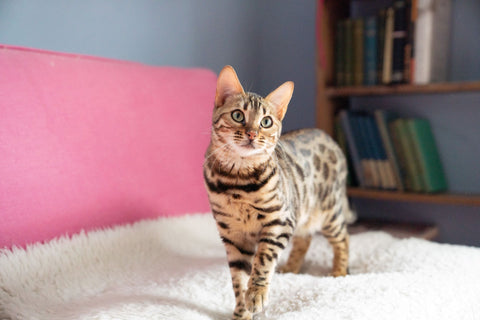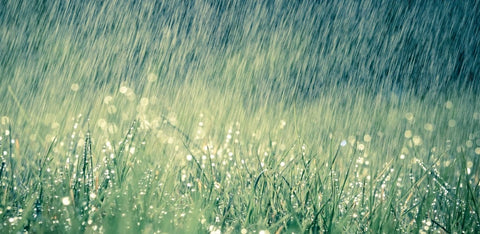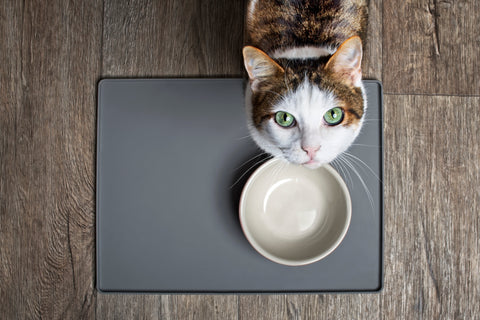
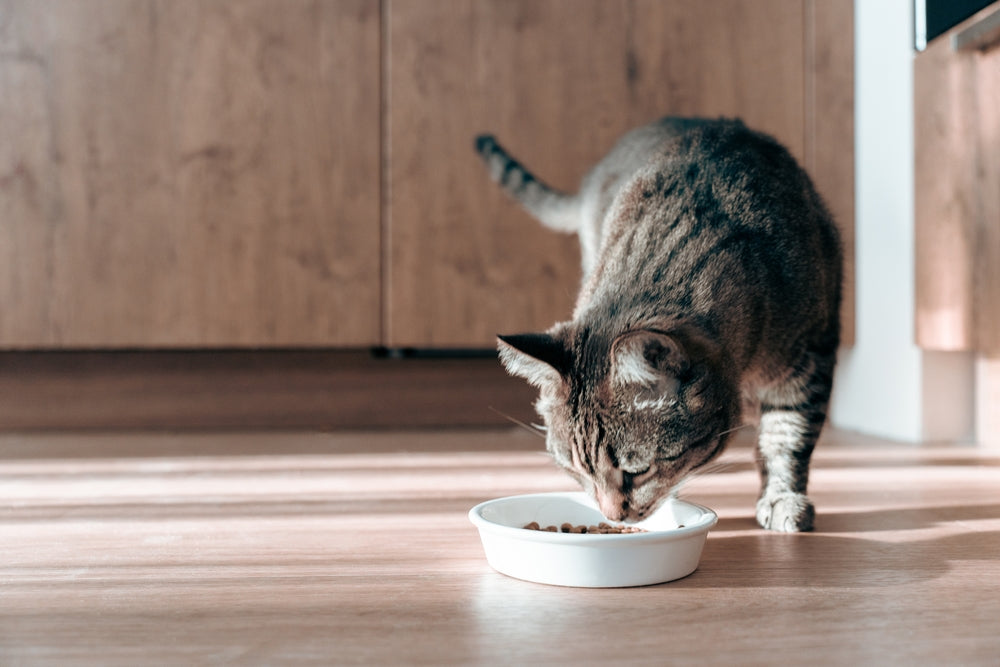
Understanding your cat's digestion
Ever wondered what goes on inside your cat's tummy after they gobble down their favourite meal?
While many of the things your feline friend does – and eats – may be a bit of a mystery, understanding the basics of their digestive system can help you to support their overall health and happiness.
A well-functioning digestive system ensures that your feline friend gets the essential nutrients they need to thrive. But how do you know if your cat's digestive care is on track?
In this article, we'll take a quick look at the anatomy of the feline digestive system, as well as the signs of healthy digestion in cats – and common problems to watch out for.
The feline digestive system
A cat's digestive system has various similarities and differences to our own.
Just like with us, our cats’ digestive process begins when they bite into their food and enzymes in their saliva begin to (very gradually) break down their latest morsel. Their razor-sharp teeth help to tear apart their food, as opposed to the ‘grinding’ chewing motion we use. Cats also have different enzymes in their saliva to us.
Once the food has travelled down your cat’s oesophagus to their stomach, strong acids and additional enzymes continue the process. The food is then broken down into a semi-liquid form called chyme, which moves into the small intestine. This is where most of the nutrient absorption happens.
The walls of the small intestine are lined with tiny hair-like structures called villi, which increase the surface area for nutrient absorption. Finally, the remaining undigested food passes into the large intestine, where water is absorbed, and waste is formed into stool to be excreted.

What cats can and cannot digest
Cats are ‘obligate carnivores’, meaning their diet must consist primarily of meat, as they cannot obtain all of the nutrients they need from plants alone. They can digest animal proteins and fats efficiently but struggle with plant-based foods. Here are some foods that are a safe and yummy option for cats:
- Lean meats like chicken, turkey, and fish
- Small amounts of cooked eggs
- Specialised cat foods that meet their nutritional needs
However, there are also foods that can be harmful and should be avoided:
- Chocolate and anything containing caffeine
- Onions and garlic
- Alcohol and raw dough
- Grapes and raisins
Signs of healthy digestion in cats
There are several signs of a well-functioning feline digestive system.
- Firm, well-formed and brown stools
- Regular bowel movements – typically once a day in a healthy cat
- A consistent appetite and interest in their food
- A shiny coat, clear eyes and good energy levels – showing that nutrients are being well-absorbed

Common digestive problems in cats
Unfortunately, digestive issues are not uncommon in cats – and can occur for a number of different reasons. If you see any of the following signs that your cat may be dealing with a digestive issue, contact your vet immediately:
- Vomiting – can occur due to hairballs, eating something they shouldn’t have, or an underlying issue
- Loose stools – can occur due to food intolerances, infection, or changes in diet
- Constipation – can occur due to dehydration, lack of fibre, or abnormalities with the intestines
Best practices for promoting digestive health
Supporting your cat’s digestive health involves a combination of proper feeding practices and regular monitoring. Our top tips include:
- Establish a consistent feeding schedule – cats thrive on routine and feeding them at the same times every day helps to regulate their digestive system
- Practise good portion control – overfeeding your cat can lead to excess weight gain, just as under-feeding can lead to them being underweight. If in doubt, speak to your vet for feeding recommendations appropriate for your cat’s breed, age and activity level
- Keep your cat well-hydrated – keeping fresh water available and encouraging them to drink regularly helps support good digestion and overall health. You can also feed them wet food to help increase their moisture intake

The role of probiotics and digestive enzymes
Probiotics and digestive enzymes can be valuable supplements for supporting your cat's digestive health. Probiotics are beneficial bacteria that help maintain a healthy gut flora, while digestive enzymes aid in breaking down food more efficiently.
Adding a high-quality probiotic to your cat's diet can help support digestive health and improve nutrient absorption.
Conclusion
Helping support your cat’s digestive system is a key part of safeguarding their overall health. Good cat digestive care means your cat will get the energy and nutrients they need to thrive, while poor digestion can cause a range of different problems.
Take care to always feed your cat a vet-approved diet, practise good portion control, and avoid any of the list of foods that can be harmful to them. It’s always better to err on the side of not giving your cat any human food, if at all in doubt.
Remember the warning signs of poor feline digestive health – and see your vet immediately if you spot your cat displaying any of them.
